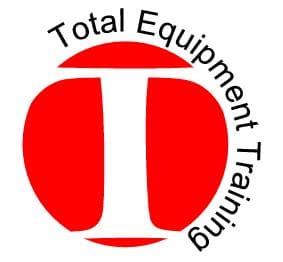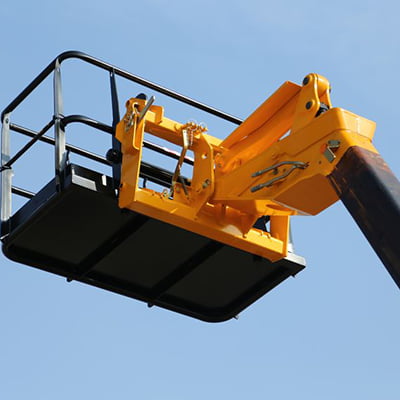CCO Mobile Crane Practice Test For Certification
RIGGER SIGNAL PERSON TRAINING
OSHA requires a signal person be present …
FORKLIFT TRAINING
Refresher forklift operator training is required once every three years!
AERIAL WORK PLATFORM (NOW MEWP)
“Only trained persons shall operate aerial lifts” – OSHA 1910.67(c)
Total Equipment Training offers CCO Mobile Crane Certification training materials and mobile crane test prep resources for both the written and practical exams. We also provide training on-site using your equipment, which your operators are familiar with. On-site mobile crane training saves time and money.
As of July, 2024, these practice tests have been recently updated. Check back every 6 months, as Total Equipment Training makes every effort to refresh these CCO crane operator practice test questions for you and your staff.
Additional heavy equipment study materials are available.
CCO MOBILE CRANE PRACTICE TEST
Ready For the Real CCO Test?
Total Equipment Training specializes in providing candidates and employers with comprehensive preparation for the CCO certification exam for heavy equipment operation. Our services include study materials, classroom training, mock practice tests, and hands-on experience with the actual crane and course used in the exam.
Our trainers, certified in their respective classes, are available sometimes to administer CCO exams. If you’re looking to enhance your comfort and proficiency with the equipment you use daily, Total Equipment Training offers a comprehensive solution to help you succeed in your CCO certification journey.
Schedule your onsite group training today and take the first step towards success.




